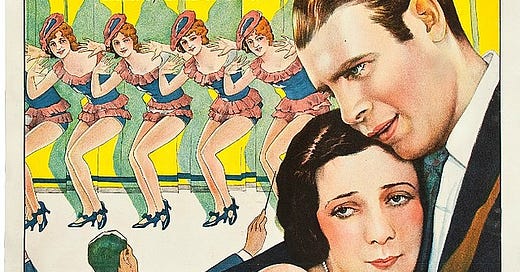Note for Japanese students: vocabulary words in bold are provided in Japanese below.
(424 words)
“All music is political.”
- William G. Roy
When I first read this, I paused to consider what the writer meant. All music? Really? Even love songs?
Well, when you think about it, a song has lyrics, and those lyrics have some sort of message. Within the message, you’ll find the values that the songwriter believes. These values carry political meanings as well.
To give an example, take a popular song from the 1960s, Kisses Sweeter than Wine, sung by Peter, Paul and Mary. The song is about a young man who falls in love with a woman who has kisses that are sweeter than wine. They marry, have children, and those children have children… It all started with the kisses.
What values are involved in this song? For one, it’s good to have a relationship, a family, children, and grandchildren. Who is not represented in this song? What relationships are omitted? Does that say something about what is right and wrong about relationships?
Obviously, you might (or probably) have a very different opinion. You might say that just because a song doesn’t include other forms of relationships, that doesn’t mean the songwriter is against those values.
True. It only says that the song hasn’t included them. When we don’t see those other values very often, we might think that it is normal to believe the values being expressed. It becomes the norm. Great. IF you are a member of the group the lyrics are talking about. If you’re not, then you’re not seeing your own values reflected.
Not all songs have to reflect everyone’s values. That’s impossible. And that’s an issue when we talk about songs that include social issues. These songs are usually written from the perspective of one (or more) sides of the issue. It is up to us to ask careful questions about what information each song does not contain, do our own research, and then decide for ourselves what to believe.
As you read and listen to the songs in this newsletter, keep an open mind but also keep a critical mind. That means asking:
What is the song about?
Who is telling the story?
Why are they telling it this way?
What is the purpose of the song?
What words are used to get us to feel a certain way?
There are many more questions we can ask, but this is a good starting point. Also keep in mind that the people in these songs were trying to…
make the world a better place, one song at a time.
VOCABULARY
omit 省く
norm 規範
perspective 視点
Sources
Roy, William G. Reds, Whites, and Blues: Social Movements, Folk Music, and Race in the United States. Princeton University Press, 2010, p. 74.





